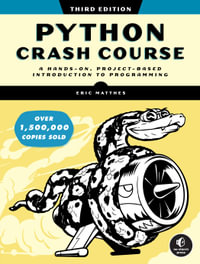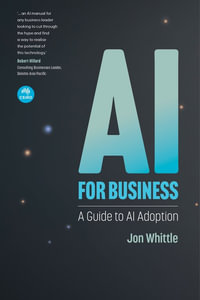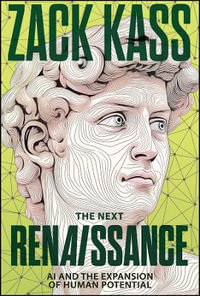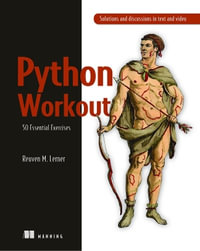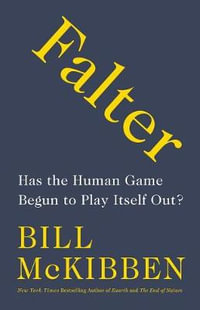
Algebraic Complexity Theory
By: T. Lickteig, Peter Bürgisser, Michael Clausen
Hardcover | 1 December 1996
At a Glance
Hardcover
$219.75
Ships in 5 to 7 business days
ISBN: 9783540605829
ISBN-10: 3540605827
Series: Grundlehren Der Mathematischen Wissenschaften
Published: 1st December 1996
Format: Hardcover
Language: English
Number of Pages: 652
Audience: General Adult
Publisher: Springer Nature B.V.
Country of Publication: DE
Dimensions (cm): 24.77 x 17.15 x 3.81
Weight (kg): 1.08
Shipping
| Standard Shipping | Express Shipping | |
|---|---|---|
| Metro postcodes: | $9.99 | $14.95 |
| Regional postcodes: | $9.99 | $14.95 |
| Rural postcodes: | $9.99 | $14.95 |
Orders over $79.00 qualify for free shipping.
How to return your order
At Booktopia, we offer hassle-free returns in accordance with our returns policy. If you wish to return an item, please get in touch with Booktopia Customer Care.
Additional postage charges may be applicable.
Defective items
If there is a problem with any of the items received for your order then the Booktopia Customer Care team is ready to assist you.
For more info please visit our Help Centre.
You Can Find This Book In
This product is categorised by
- Non-FictionComputing & I.T.Computer ScienceMathematical Theory of Computation
- Non-FictionMathematicsMathematical FoundationMathematical Logic
- Non-FictionMathematicsAlgebra
- Non-FictionMathematicsCombinatorics & Graph Theory
- Non-FictionMathematicsGroups & Group Theory
- Non-FictionMathematicsGeometryAlgebraic Geometry
- Non-FictionComputing & I.T.Computer Programming & Software DevelopmentAlgorithms & Data Structures
- Non-FictionMathematicsApplied Mathematics



